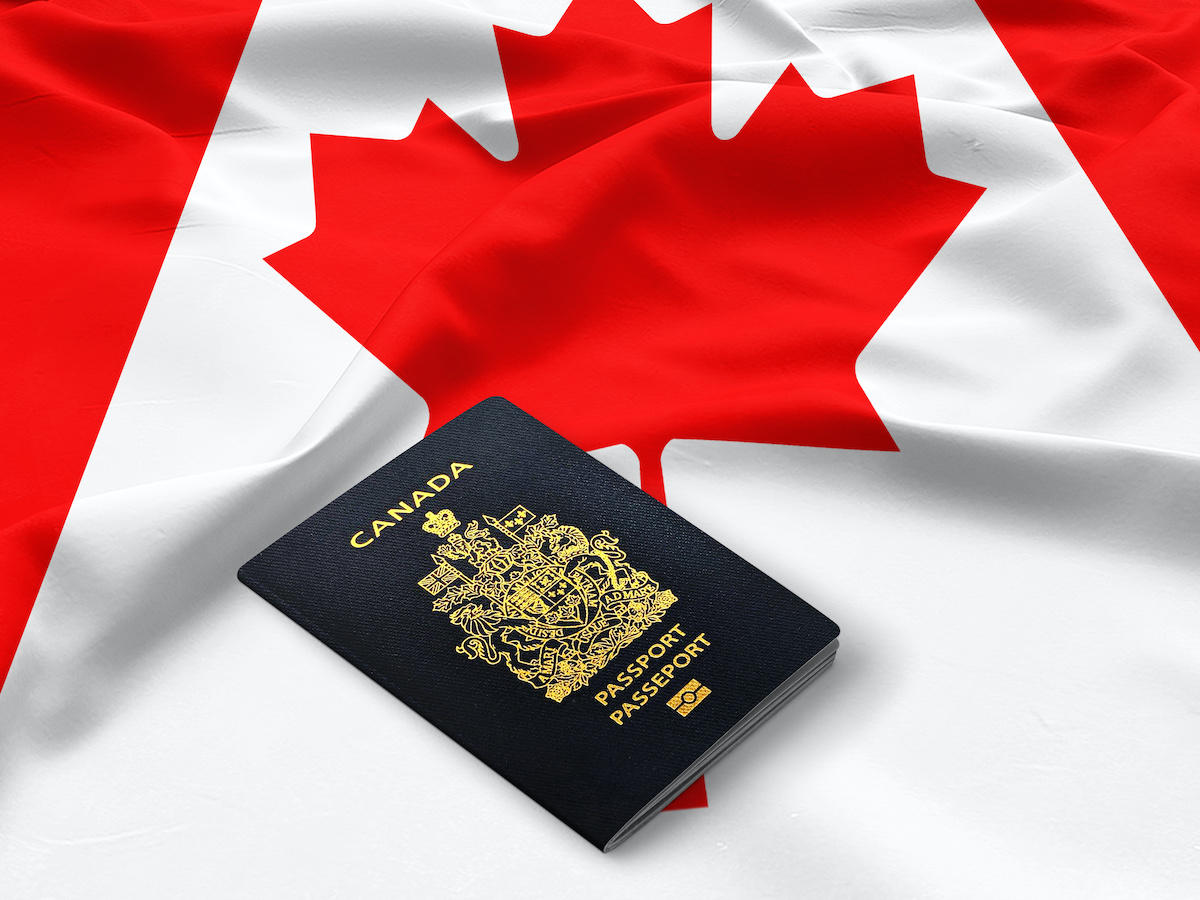5 best bets to migrate Canada after 45

5 best bets to migrate to Canada after 45.
Canada is one of the most desirable destinations for immigrants looking for a better quality of life. And contrary to popular belief, age is not a barrier to immigrating to Canada. In fact, the country is known for its inclusive and diverse society that welcomes immigrants from all age groups. However, immigrating to Canada after 45 may require additional planning and preparation. To help you navigate this process, the world’s leading immigration consultant M-J Global has identified the five best bets to migrate to Canada after 45.
1. Express Entry:
Express Entry is a points-based system that allows skilled workers to apply for permanent residency in Canada. The system evaluates applicants based on factors such as age, education, work experience, and language proficiency. While age is a factor in the Express Entry system, it is not a dealbreaker. In fact, older applicants can compensate for their age by gaining points in other areas, such as work experience and language proficiency.
2. Provincial Nominee Programs:
Provincial Nominee Programs (PNPs) are immigration programs that allow provinces and territories in Canada to nominate individuals who have the skills and experience needed to contribute to the local economy. Many PNPs have specific streams that are designed for older workers, such as the Ontario Immigrant Nominee Program’s Master’s Graduate Stream, which is open to applicants over 45 with a master’s degree from an Ontario university.
Canada’s business immigration programs are designed to attract individuals who have the skills and experience to start or invest in a business in Canada. The programs offer different pathways to permanent residency, such as the Start-Up Visa Program, which is open to entrepreneurs who have the support of a designated Canadian organization. The program has no age limit, making it an attractive option for older entrepreneurs.
4. Family Sponsorship:
Family sponsorship is a popular pathway to permanent residency in Canada. Canadian citizens and permanent residents can sponsor their spouse, common-law partner, dependent children, parents, and grandparents. While there is no age limit for
sponsored spouses or dependent children, there is an age limit for sponsored parents and grandparents. However, older applicants can still be sponsored if they meet certain criteria, such as being financially dependent on their sponsor.
5. Study Permits:
Studying in Canada can be an excellent pathway to permanent residency. Students who complete a degree or diploma from a Canadian educational institution are eligible for a Post-Graduation Work Permit, which allows them to work in Canada for up to three years. This work experience can be used to qualify for permanent residency through the Express Entry system or other immigration programs.
In conclusion, immigrating to Canada after 45 is possible and can offer many opportunities for a better quality of life. While additional planning and preparation may be required, many pathways to permanent residency are open to older applicants. By working with a trusted immigration consultant like M-J Global, you can navigate the process with confidence and maximize your chances of success.

